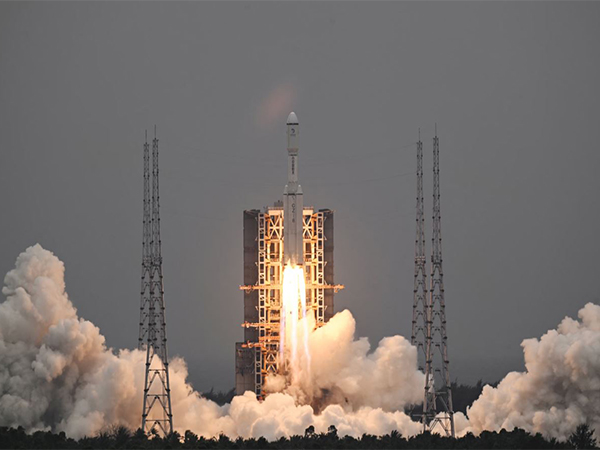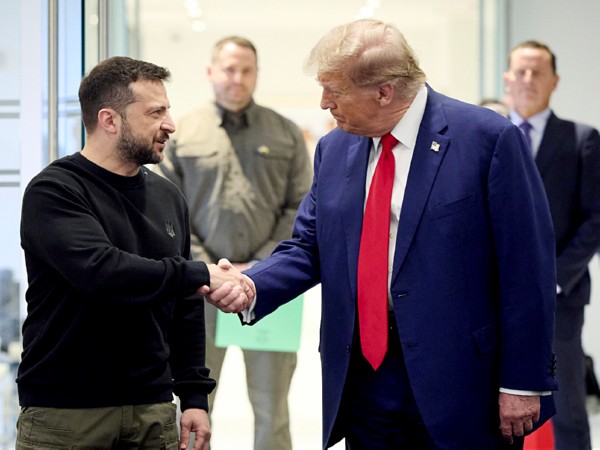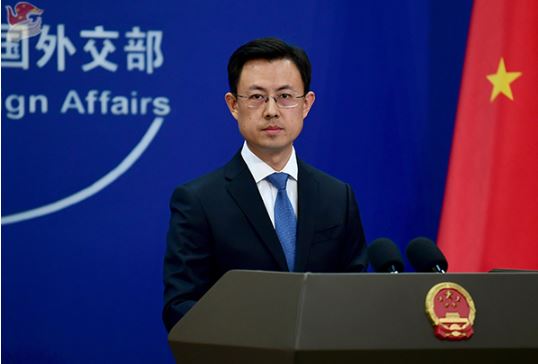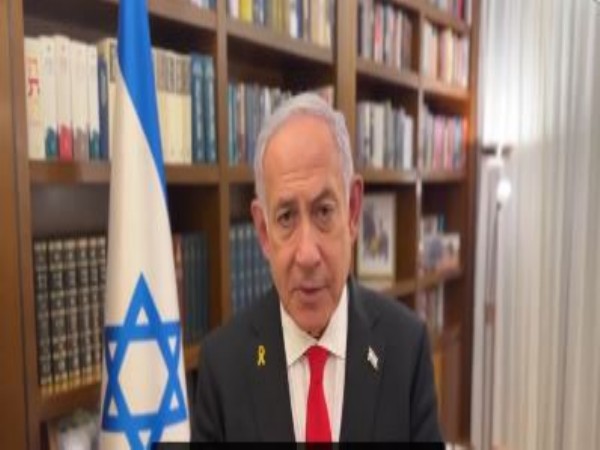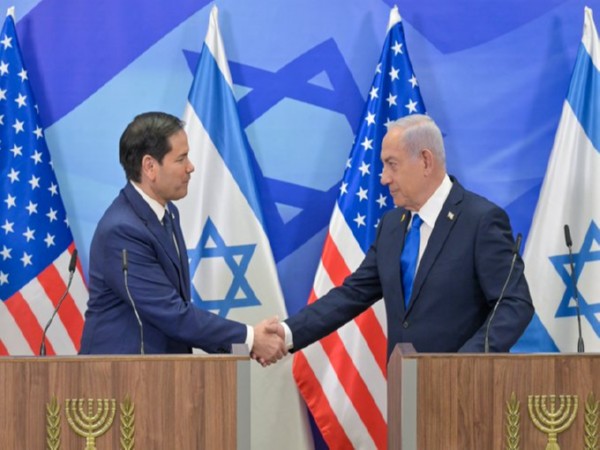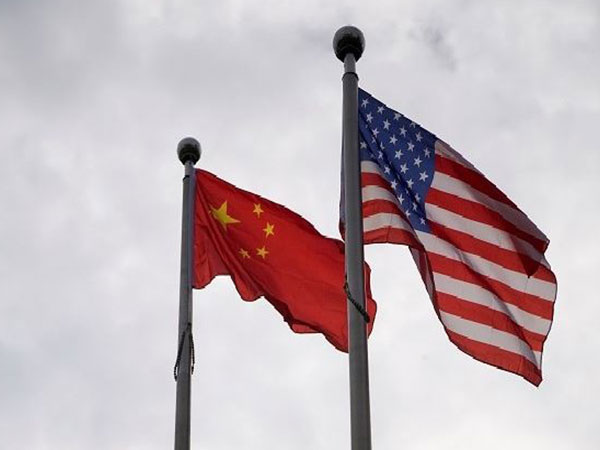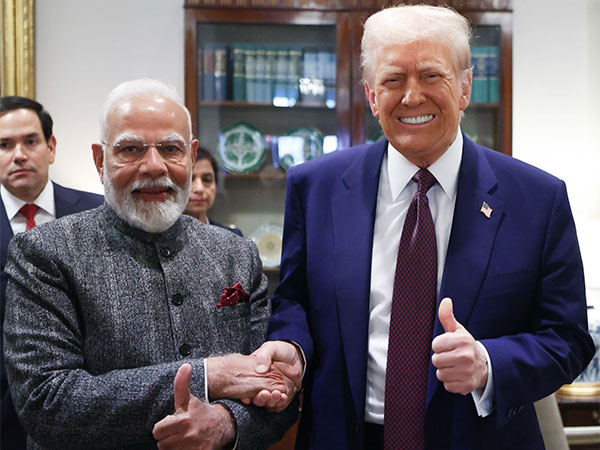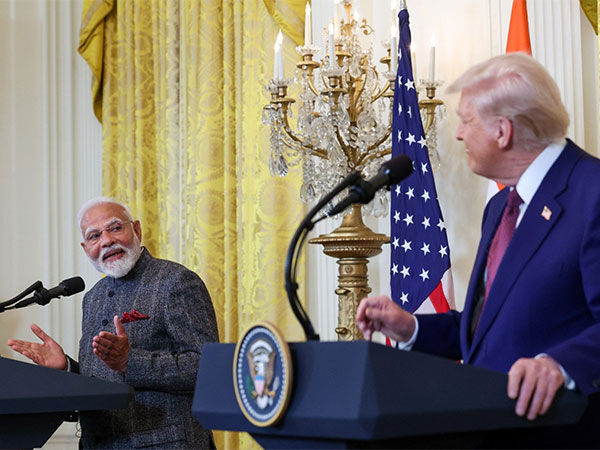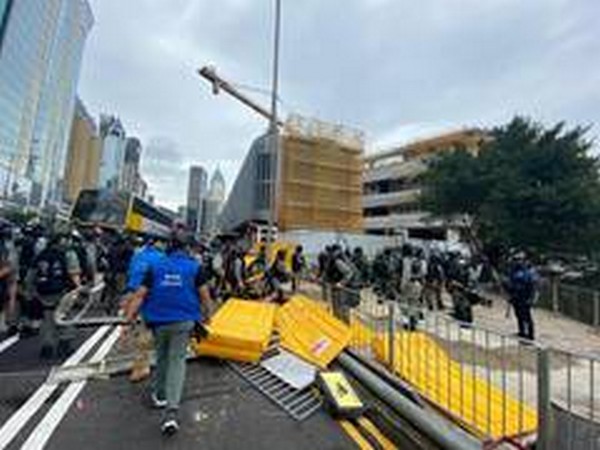
Hong Kong, June 16 (ANI): Hong Kong‘s contentious national security law will aid China in muzzling voices of dissent against the Chinese government and, according to a senior official, it will give Beijing jurisdiction over “some extremely rare” national security cases in Hong Kong.
South China Morning Post on Monday cited a senior official saying that Beijing will have jurisdiction over “some extremely rare” national security cases in Hong Kong under the new law.
Beijing has signalled that the new national security law, which has triggered a fresh wave of protests in Hong Kong, needs to be passed quickly following a year of pro-democracy protests.
Deng Zhonghua, deputy head of China‘s Hong Kong and Macau Affairs Office, said enforcing the law would largely fall to Hong Kong‘s local authorities and police.
“But under very special circumstances, the central government retains jurisdiction over some cases involving criminal acts that seriously endanger national security,” Deng said in a speech in Shenzhen to the semi-official Chinese Association of Hong Kong and Macau Studies think-tank.
Since last year, the city has been grappling with protests against China. The demonstrations were triggered by extradition law. Fresh protests began after China‘s parliament passed last month the proposal to impose a new national security law in Hong Kong.
In a joint statement, the US, UK, Canada and Australia had expressed their “deep concern” over the move stating that it would undermine the “one country, two systems” framework and “lies in direct conflict with its international obligations under the principles of the legally-binding UN-registered Sino-British Joint Declaration,” and it would “undermine the One Country, Two Systems framework.”
The legislation has sparked fears that it would eventually leading to erosion of Hong Kong‘s autonomy as stated under the Sino-British joint declaration of 1997.
The Sino-British joint declaration on the question of Hong Kong was signed in Beijing on December 19, 1984, by the Prime Ministers of China and Britain, Zhao Ziyang and Margaret Thatcher. The two governments agreed that China would reassume control of Hong Kong from July 1, 1997.
Reacting to Deng’s speech, pro-democracy lawmaker Dennis Kwok said he believed the jurisdiction plan would breach the city’s mini-Constitution, which says Hong Kong‘s judiciary is independent from China.
“I think this is… clear evidence that they are using this law as a label to quash political opposition,” he told reporters. (ANI)








